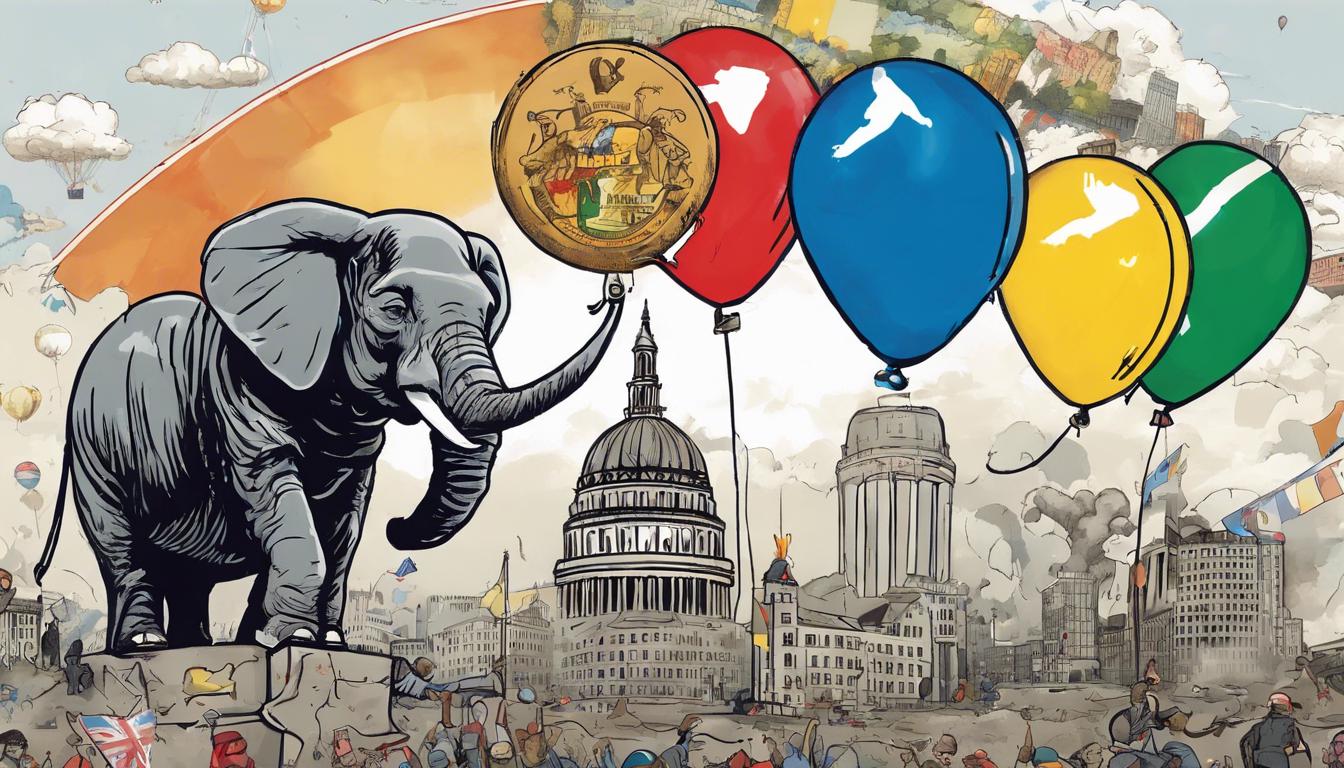From Tennessee’s protection of gun manufacturers and expulsion of Democratic lawmakers to Nebraska’s debates over transgender rights and the UK’s Conservative Party facing significant challenges, current political actions and trends spark concerns and discussions about democracy and representation.
In Tennessee, the Republican party has enacted controversial measures following the Covenant school shooting in Nashville, increasing protections for gun manufacturers and expelling Democratic lawmakers of color. The state’s political landscape is described as being increasingly dominated by a singular party owing to factors like gerrymandering and restrictive voting laws, sparking concerns regarding democracy and representation for its citizens. This one-sided political maneuvering includes blocking progressive policies and a systemic consolidation of power which critics argue undermines democratic principles.
Nebraska is engaging in legislative debates over LB575, also known as the Sports and Spaces Act. This bill, if passed, would limit transgender students’ access to bathrooms and sports teams, aligning them with the gender assigned at birth. After facing opposition last year, the bill’s proponents are pushing for its passage amidst a deeply divided legislative body. The bill’s author, Senator Kathleen Kauth, and others claim it is designed to protect privacy and ensure fairness in female athletics, despite opposition and planned filibusters from lawmakers like Senator Machaela Cavanaugh.
In the UK, a poll by Techne UK reveals a significant decline in support for the Conservative Party under Prime Minister Rishi Sunak, with Labour leading the Conservatives by a substantial margin. The poll suggests a potential “political Armageddon” for the Conservative Party in future elections, highlighting the emergence of Reform UK as a notable political force. Speculation about Nigel Farage’s involvement with Reform UK further complicates the Conservative Party’s position, amid growing discontent within its ranks regarding Sunak’s leadership and the party’s direction. This situation presents a significant challenge for the Conservatives as they approach upcoming local elections, with potential long-term implications for the party’s standing in British politics.













